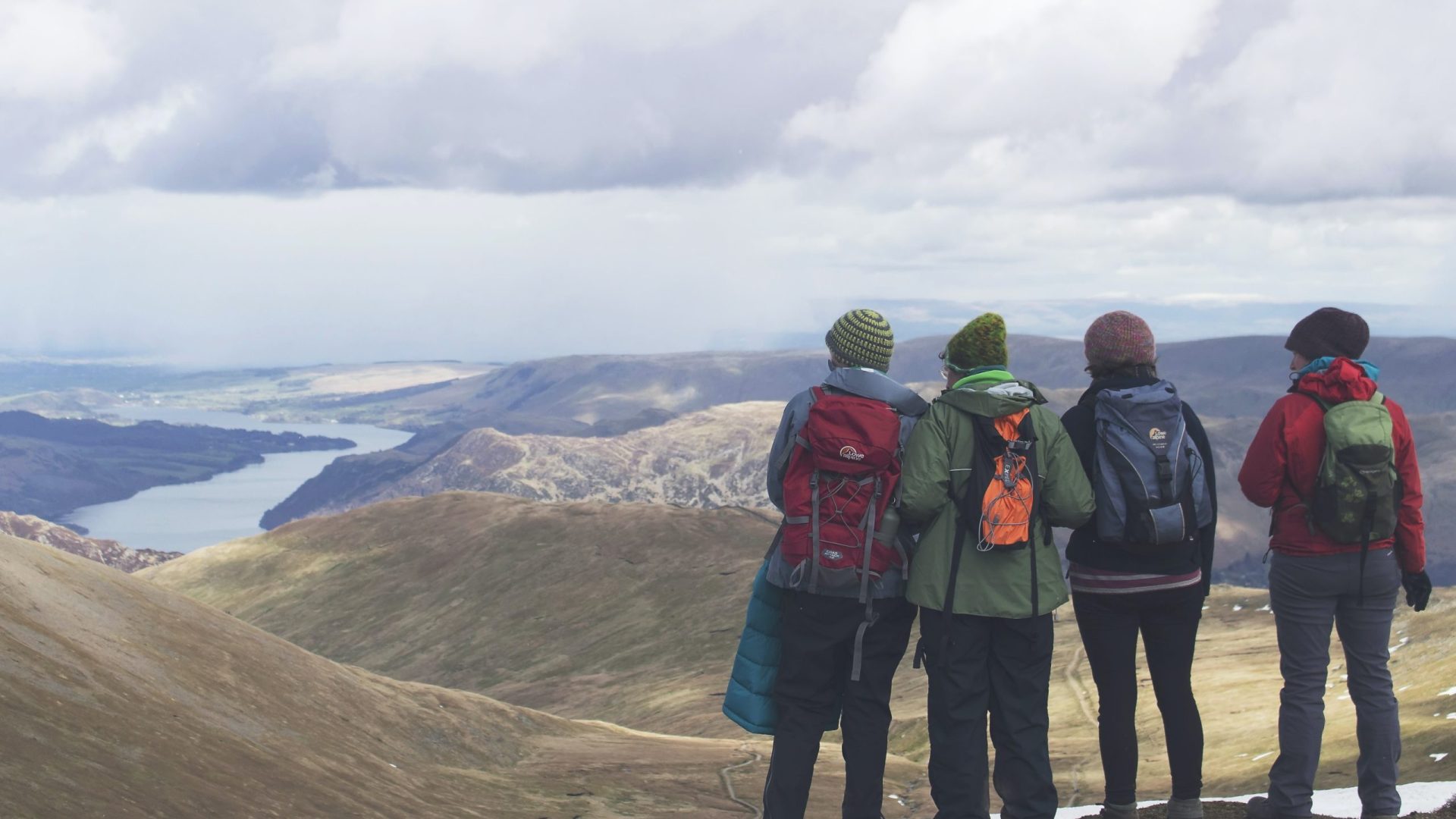
Activists say there isn’t enough public access to nature in England. Could trespassing be the answer?


Activists say there isn’t enough public access to nature in England. Could trespassing be the answer?
This just in: Nature lovers in England are sick of the gatekeeping.
Earlier this year, British hikers organized mass trespasses in England’s Dartmoor National Park, in protest of unwelcome new restrictions on wild camping. Now, swimmers are following suit by ‘protest-swimming’ in a private park where it’s been banned for “safety reasons.”
Last month, more than 20 swimmers showed up to a “trespass dip” at Bawsey Country Park, a former quarry in west Norfolk, England. It was staged by the Norwich branch of Right to Roam, an organization working to expand access to the British countryside. The park says swimming is banned there because it’s dangerous—four people have drowned there in the last decade. But Right to Roam says it’s perfectly safe for competent swimmers who take risks seriously, and that access should be expanded rather than restricted.
The swim was organized by Imogen Radford, who told the Dereham Times that people will continue to paddle around the old quarry regardless of whether there are organized trespass swims.
“We say to the landowner and the council, we have the same aims,” she said. “We have the same wishes to not have people come to harm, we think there’s a different way of doing it, so let’s work together on it.”
Right to Roam is calling for England to adopt a Scottish-style right to roam, which mirrors those in Scandinavia. Scotland allows people broad rights to hike, camp, and swim where they like as long as they respect the land, England is far more restrictive. Currently, just eight percent of land in England is accessible to the public.
The efforts of the activists aren’t new, either. Last November, Right to Roam gathered 22 people to intentionally trespass on private land where access to a permissive footpath had been restricted.
People can generally walk where they like in the countryside, but camping outside of established campgrounds is illegal throughout England, with one notable exception: Dartmoor National Park. Unlike other countries where national parks can be vast swathes of public land, British parks contain extensive tracts of private land. Up until this year, it had been accepted that wild camping (or backpacking) was a right in an area of the park called The Commons. That access was briefly curtailed, however, when a court ruled in January in favor of a wealthy couple who wanted to restrict public access. Right to Roam campaigned and protested the ruling, and it was successfully appealed in July.
Trespassing isn’t a criminal offense in England, which is what enables such open flouting of private landowners’ wishes, and disregard of “no entry” signs. Even the police say not to bother them about trespassing, encouraging landowners to simply ask people to leave and to contact their local council for help only if needed.
“You could find yourself guilty of several criminal offenses if you forcibly attempt to remove them or their property,” the Metropolitan Police website says.
The Right to Roam organization encourages people not only to trespass, but to document their adventures, with photos and write-ups about what they did and what they saw. Each trespass is linked via a pin on a Google Map at the Trespasser’s Companion, a site explaining how to trespass politely. Trespassers are asked to check a box indicating that they’ve followed the Code of Conduct before uploading proof of their hike, camp, or swim. The trespassers’ code asks people to follow the Scottish outdoor access code, leave their dogs at home, remain polite even when approached by landowners who are not pleased to see them, and to pick up litter, leaving the place better than how they found it.
“By publishing your trespass, you will have turned your walk, swim, paddleboard, or kayak into a direct action for change,” the site says. “You will have transformed your adventure into a challenge to the orthodoxy that excludes us from so much of our countryside, and expressed the deep need that we, the public, have for more access to nature.”
***
Adventure.com strives to be a low-emissions publication, and we are working to reduce our carbon emissions where possible. Emissions generated by the movements of our staff and contributors are carbon offset through our parent company, Intrepid. You can visit our sustainability page and read our Contributor Impact Guidelines for more information. While we take our commitment to people and planet seriously, we acknowledge that we still have plenty of work to do, and we welcome all feedback and suggestions from our readers. You can contact us anytime at hello@adventure.com. Please allow up to one week for a response.

Kassondra Cloos is a travel journalist from Rhode Island living in London, and Adventure.com's news and gear writer. Her work focuses on slow travel, urban outdoor spaces and human-powered adventure. She has written about kayaking across Scotland, dog sledding in Sweden and road tripping around Mexico. Her latest work appears in The Guardian, Backpacker and Outside, and she is currently section-hiking the 2,795-mile England Coast Path.






Can't find what you're looking for? Try using these tags: